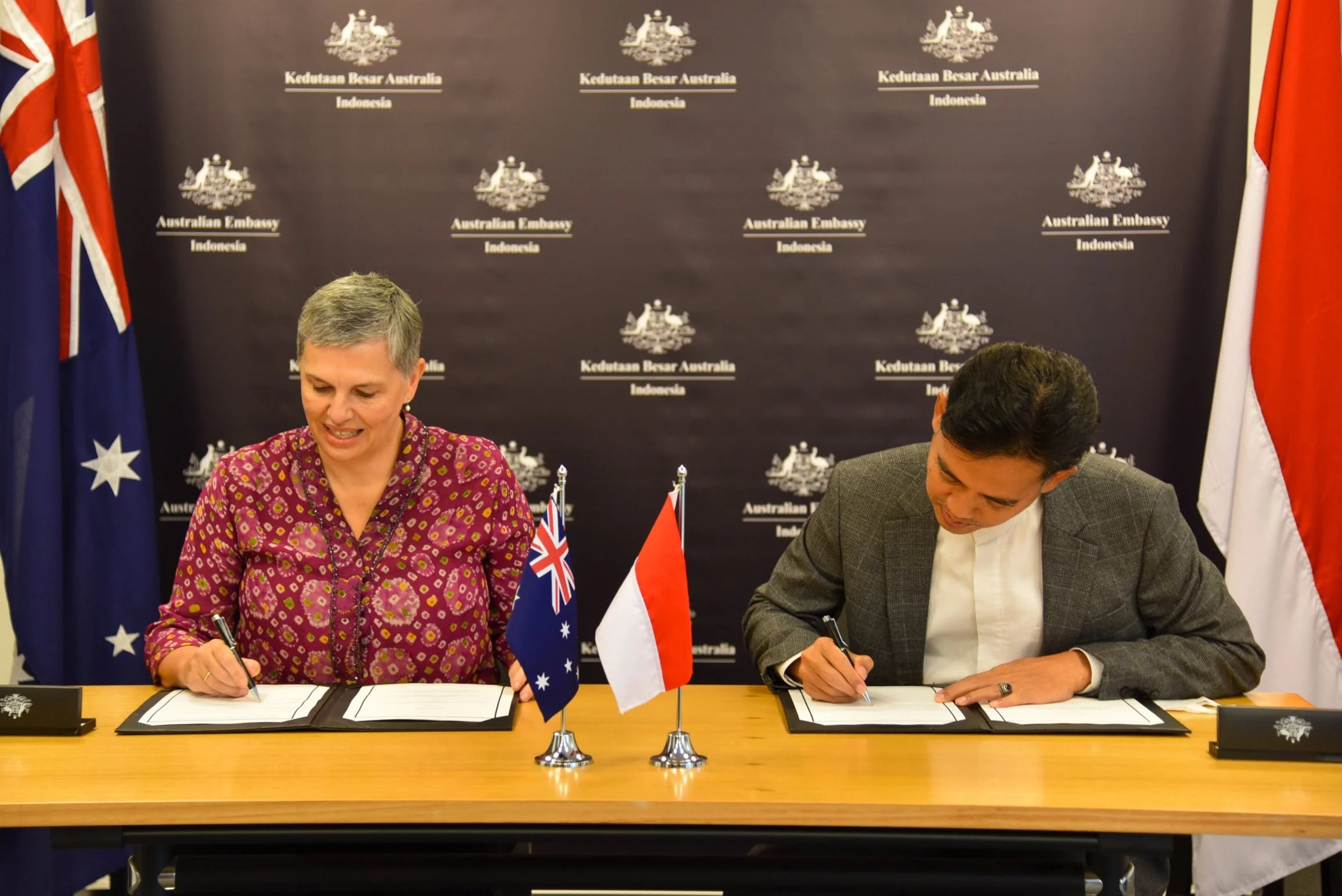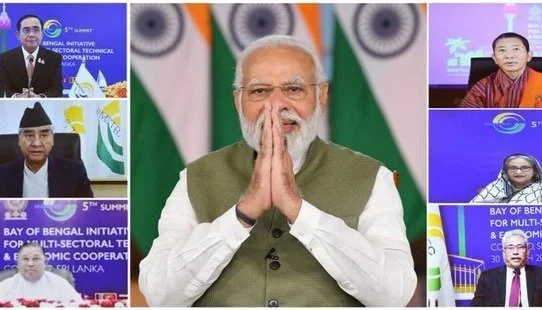Written by Melissa Conley Tyler
Whether it is helping link civil society organisations or stimulating Australian business to wake up to opportunities in the region, the Australian government will need to engage many tools of statecraft to achieve its strategic goal of deep partnerships with Southeast Asia.
Read More















